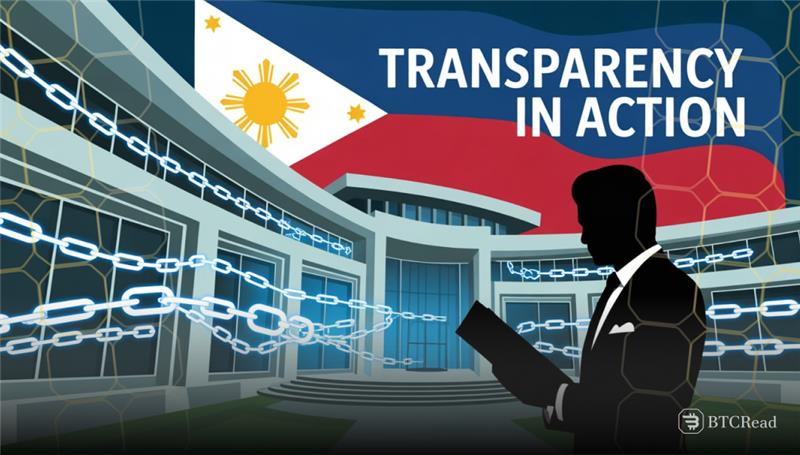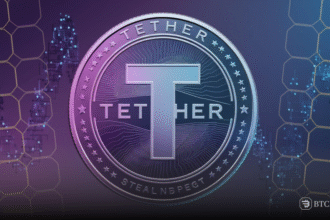Philippine Senator Bam Aquino is urging the government to place the national budget on a blockchain platform. He believes such a move would allow citizens to track every peso spent and strengthen public trust. The idea was highlighted during the Manila Tech Summit. There, he stated that blockchain could introduce a new level of openness in public finance.
Aquino acknowledged that the initiative remains uncertain. No formal bill has been filed to date, and it is unclear how much political backing the proposal will receive. He noted the Philippines would become the first nation to adopt blockchain for its entire budget if the plan takes shape. His call builds on existing efforts by the Department of Budget and Management. The agency has already begun using blockchain to publish certain financial records.
Blockchain: existing on-chain framework in place
The Budget and Management Department is already in partnership with BayaniChain, a Filipino blockchain infra company, in digitally recording some budget papers. Through the website, Special Allotment Release Orders and Notices of Cash Allocation are available for publication as well as on-chain validation. These records are stored in the Polygon Proof-of-Stake network which provides it with immutability in addition to transparency.
The BayaniChain technology comprises Prismo, an orchestration layer for dealing withencryption, validation, and data handling. Through this arrangement, the government is in a position to handle sensitive financial information while it is possible for citizens to manually verify key budget papers.
Though BayaniChain praised Aquino’s statement, it clarified it is not in direct partnership with the senator. Its officials reiterated blockchain is no panacea but can impose accountability by creating records whose integrity shall not be altered.
Calls for greater accountability
The plan by Aquino is proposed when online currency regulation is increasingly stringent around the Philippines. Regulators recently set licensing, minimum capital levels, and disclosure obligations for crypto-asset service providers. Such laws are an indication of an effort by officials in government to design a more protected digital marketplace while exploring avenues for applying blockchain in government.
It would be a huge step towards openness in government if Aquino’s proposal were to take legislative form. It would make not only traceable but untouchable the national budget by introducing a blockchain. People, analysts, not to mention watch groups, would also better understand government spending.
The senator admitted it would not be easy. Political will, technical alignment, and public trust are all obstacles. Yet it is a project whose mission goes in alignment with broader goals for enhanced financial accountability. Placing an entire budget on-chain would make the Philippines a global innovation leader in digital governance if only such a proposal is turned into enforceable law.







